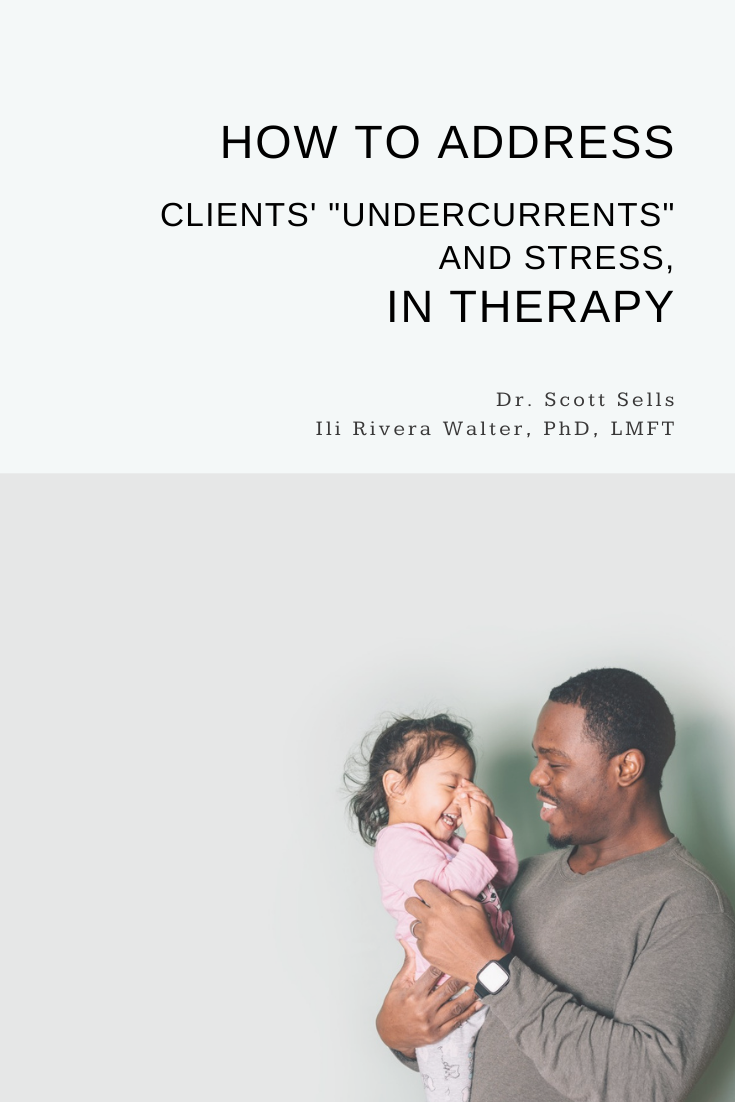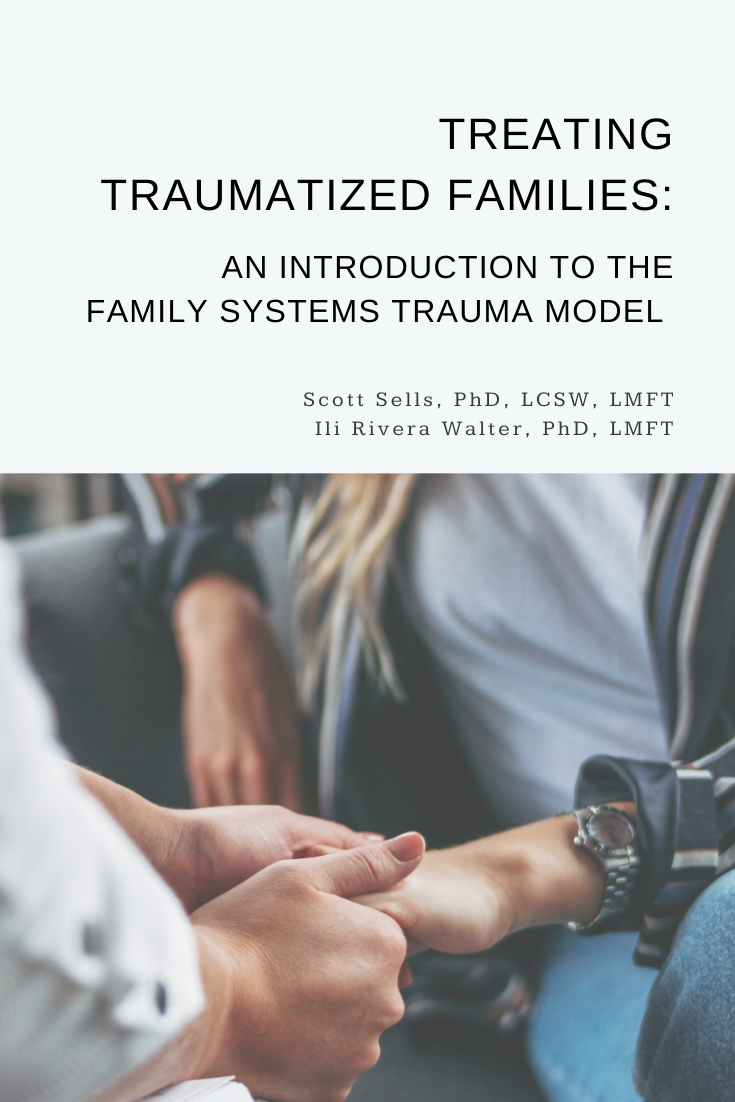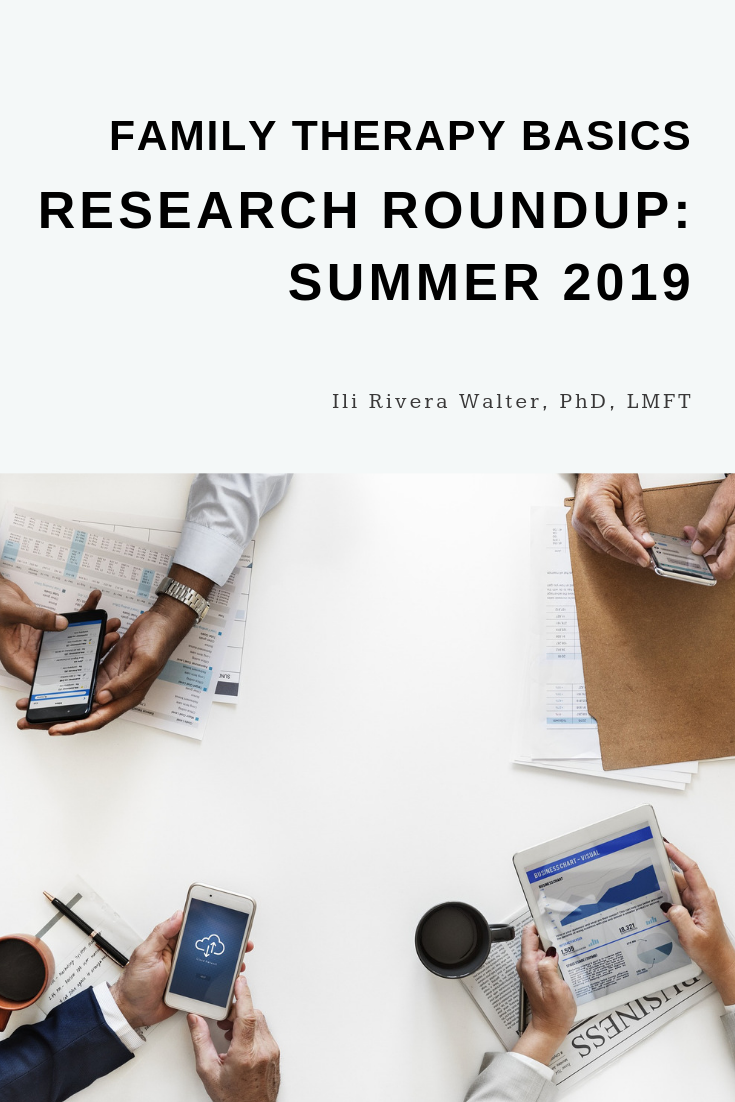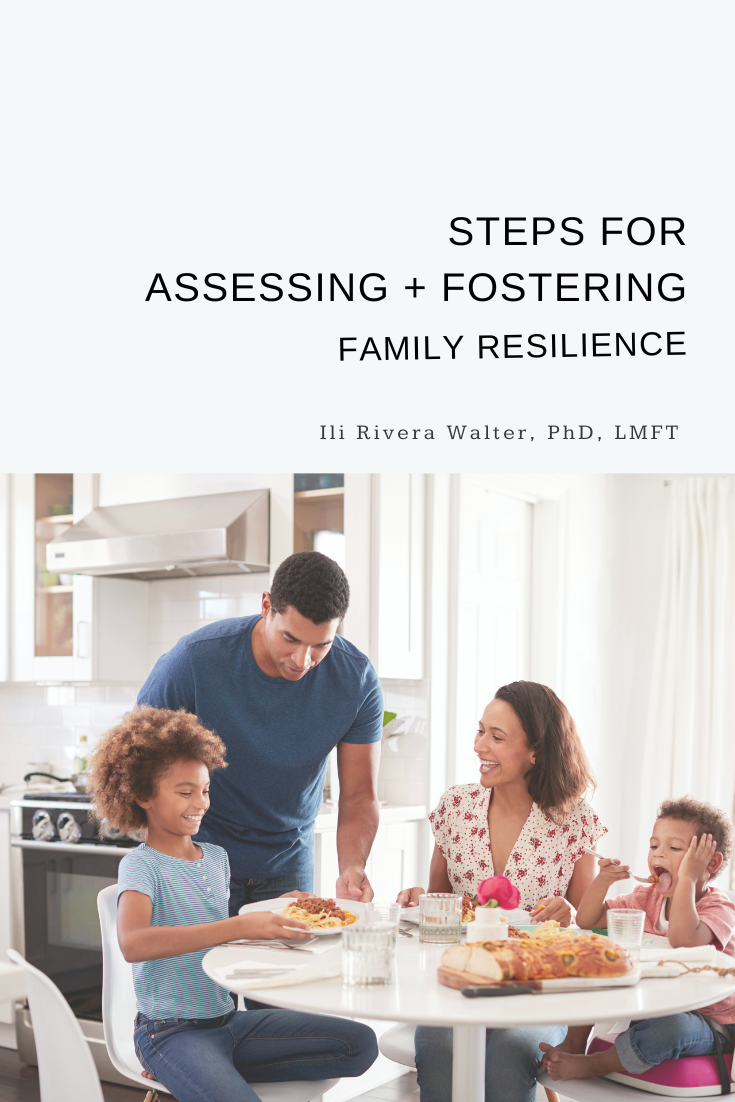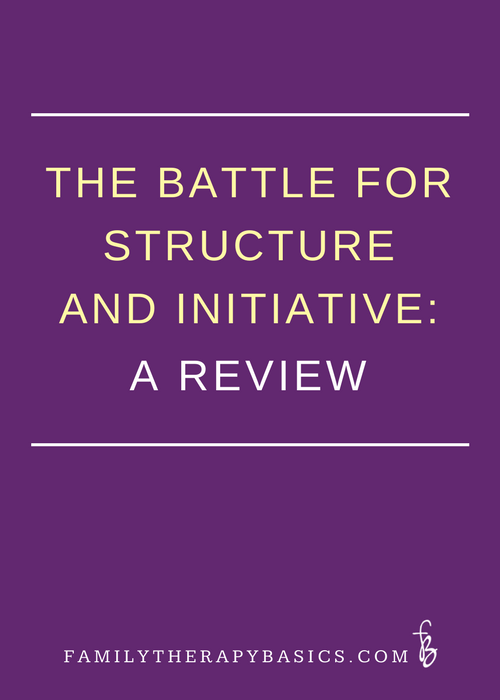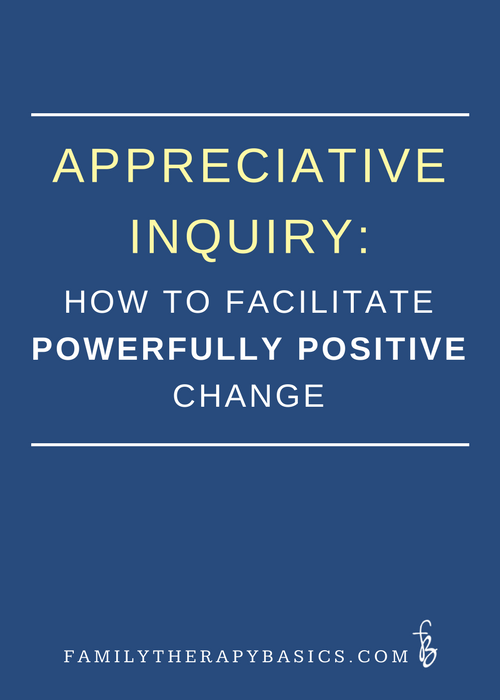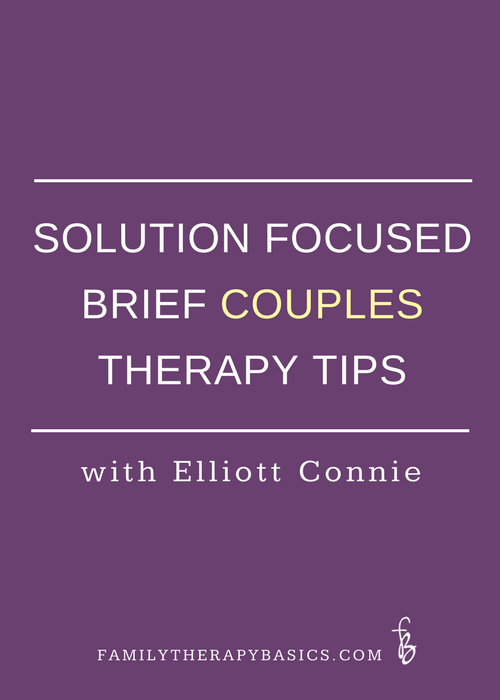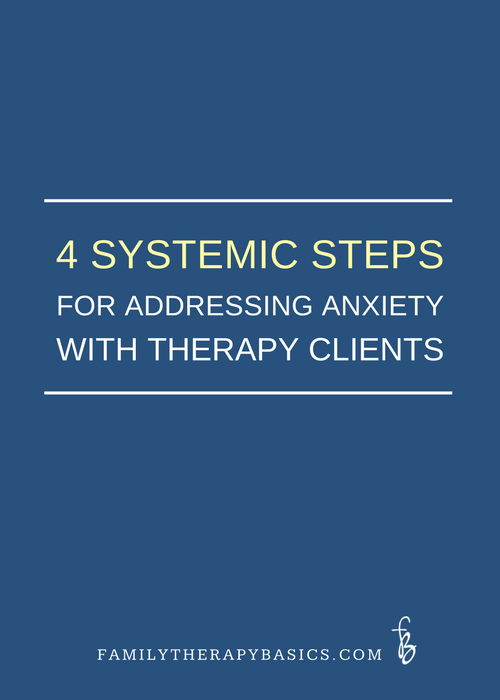Periodically, I write summaries of the latest research articles that I’ve read (mainly from the AAMFT). This article is a roundup of my recent summaries.
The references listed are from the most current issues of the Journal of Marital and Family Therapy, and I also include a quick summary of a recent book I read in the book club. While MFTs are referenced throughout the summaries, the information is relevant to all psychotherapists, regardless of discipline.
Integrating Spirituality Into MFT Training
The authors conducted a study with students who had participated in a reflexive spirituality course. The course was designed to help MFT graduate students, at a religious institution, become more aware of their spirituality and its possible influence on their work with clients. The researchers sought to understand the influence of this type of training on the self-of-the-therapist and therapists’ clinical work, as well as the usefulness of the course.
The course is offered as a three credit practicum course, with 6-8 students, and is approached as a discussion-based, diversity-themed class, in keeping with the AAMFT’s/COAMFTE’s core competencies. The researchers noted the following positive themes through their data analysis of participants’ experience in the course: Safety, personal growth, and professional growth. The authors call for further research on “how students’ increased ability to conceptualize and communicate about spirituality is translated into their continued therapeutic process and effectiveness” (p. 229).
Surprisingly, the article includes an outline of the spirituality course offered at the institution, making it a helpful resource for faculty and adjunct instructors.
Williams-Reade, J. M., Lobo, E., & Gutierrez, G. (2019). Integrating spirituality into MFT training: A reflexive curriculum and qualitative evaluation. Journal of Marital and Family Therapy, 45(2), pp. 219-231.
In The Realm of Hungry Ghosts
Gabor Maté takes on conventional wisdom on addiction in this book, by questioning the individualistic and simplistic ideas that modern society promotes about emotional pain, addiction, and healing. He presents an argument, backed by research, that the foundation of addiction is created by unmet needs, particularly in childhood, as well as a lack of self-knowledge. Maté explains how addiction can be conceptualized as misplaced attachment used as a soothing mechanism for anger and resentment. This book presents a systemic—biological, neurological, environmental, familial, and societal—view on addiction, as well as its treatment and healing.
Maté, G. (2010). In the realm of hungry ghosts: Close encounters with addiction. Berkeley, CA: North Atlantic Books.
Technology In MFT Service Delivery
Many MFTs face the dilemma of whether, when, and how to incorporate technology into their practice. In this article, the authors present ways in which technology changes and/or disrupts the treatment setting, the flow of information, confidentiality, and consent. They also note, however, that technology can compliment MFT practice, through being a useful partner in treatment delivery. Options such as apps and video sessions, as well as ease of use may all benefit the treatment process in the short and long-term. The authors emphasize that the relational benefits of incorporating technology in treatment are not well-researched, or understood, and consequently, they call MFTs to carefully consider the disruptive factors of technology before adopting it in treatment.
For more tech-related considerations in therapy, see this article.
Hertlein, K. M., & Cohn, A. S. (2019). Technology in MFT service delivery: Should therapists swipe right on disruptive tech? Family Therapy Magazine, Nov/Dec 2018, 17-19.
Nurturing Nature In Therapy
Two key assumptions guide the authors’ exploration into nature, and its role in family therapy: 1) family therapists must consider nature, or “the ecological context” in their therapy work, and 2) “ecological self-of-the-therapist issues” must be addressed, before ecology/nature as a systemic context can be effectively addressed clinically.
Through posing a variety of questions, the authors invite personal reflection on the role of nature in the therapist’s life. Some questions offered, include:
What kind of interactions did you have with nature as a child?
What, if any, value does nature have to you?
How much time do you currently spend outdoors each week?
In addition, the authors offer suggestions for how therapists can integrate nature into their clinical work, teaching, supervision, and research.
Laszloffy, T. A., & Davis, S. D. (2019). Nurturing nature: Exploring ecological self-of-the-therapist issues. Journal of Marital and Family Therapy, 45(1), pp. 176-185.
Parental Infidelity and the Relational Ethics of Adult Children
Using the Relational Ethics Scale with participants who had knowledge of their parents’ marital infidelity, the authors tested two hypotheses: a) knowledge of parental infidelity is related to lower levels of vertical trust and justice, loyalty and entitlement, and b) knowledge of parental infidelity is related to lower levels of horizontal trust and justice, loyalty and entitlement.
The researchers found statistically significant support for both hypotheses. Having knowledge of infidelity in the parental relationship resulted in lower levels of relational ethics, or “the development of poorer relationships with parents and partners” (p. 260). The authors conclude that infidelity, or lack of trust, is transmitted intergenerationally, and they invite MFTs to explore intergenerational patterns when working with couples presenting with relational issues.
Kawar, C., Coppola, J., & Gangamma, R. (2019). A Contextual perspective on associations between reported parental infidelity and relational ethics of the adult children. Journal of Marital and Family Therapy, 45(2), 354-363.
Notes: Relational ethics is a core concept in Contextual Therapy. The Relational Ethics Scale was developed by Hargrave, Jennings, and Anderson.
White Privilege: What’s a Family Therapist To Do?
In this article, the author, Gene Combs, answers questions, such as What does White privilege have to do with my work as a family therapist? What can “white moderate” therapists do to be worthy allies to those with less privilege in our society? What is, or should be, our role as MFTs in mobilizing societal change? He makes the following recommendations, among others, based on the reality that the field is mainly made up of white males:
Become aware of the ways in which we as MFTs have benefited from privilege in our lives and careers.
Expose discriminatory and racist practices in our training programs and profession at large.
Join the advocacy and resistance efforts of those who have not benefited from White privilege,
Combs, G. (2018). White privilege: What’s a family therapist to do? Journal of Marital and Family Therapy, 45(1): 61–75, doi: 10.1111/jmft.12330
Let’s Chat
Let me know, in the comments below:
Which article is most relevant to your clinical work?


